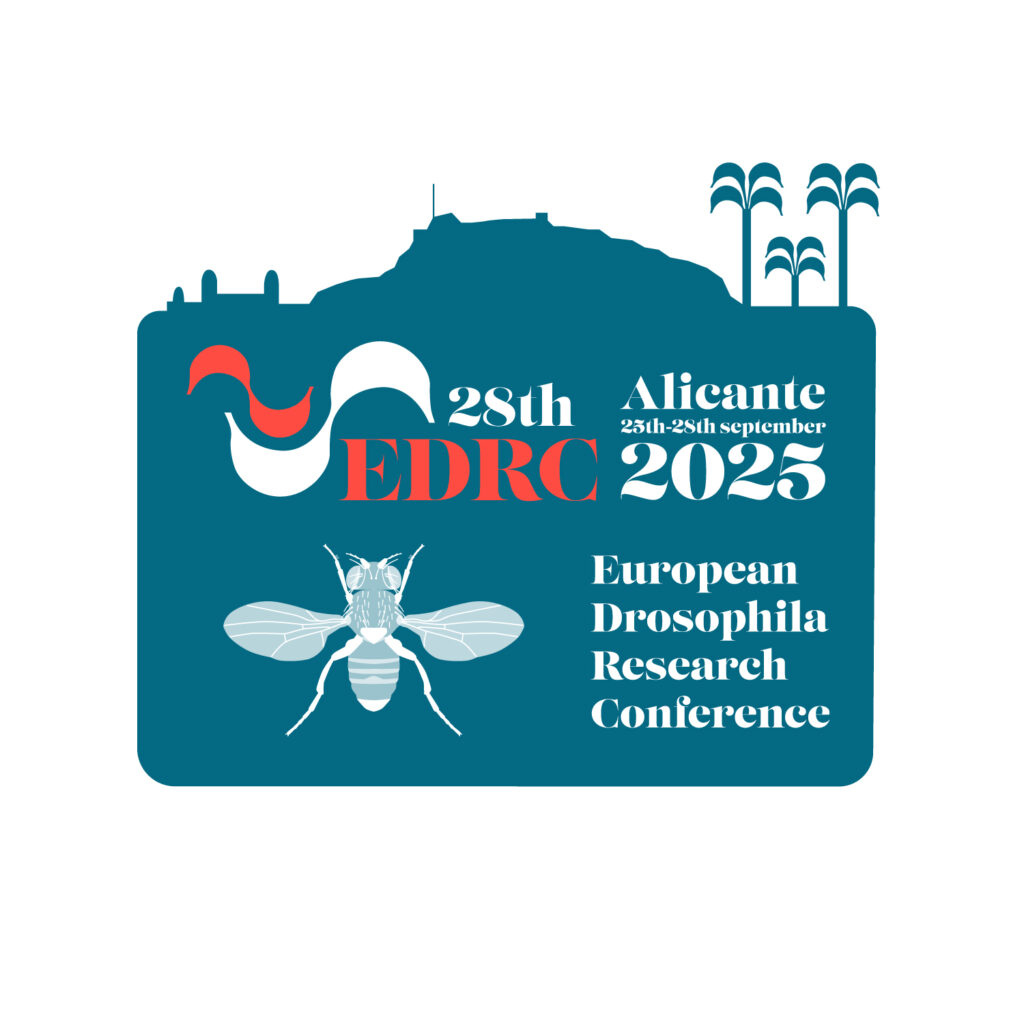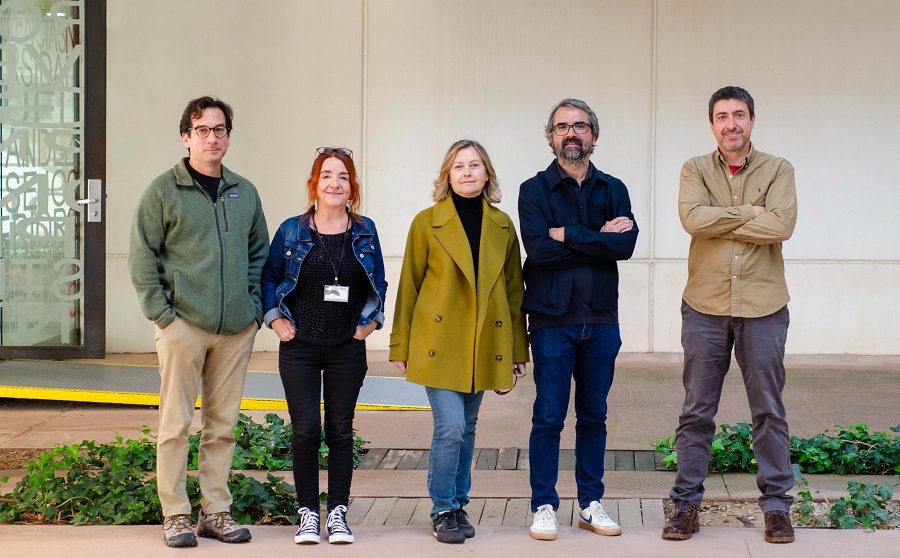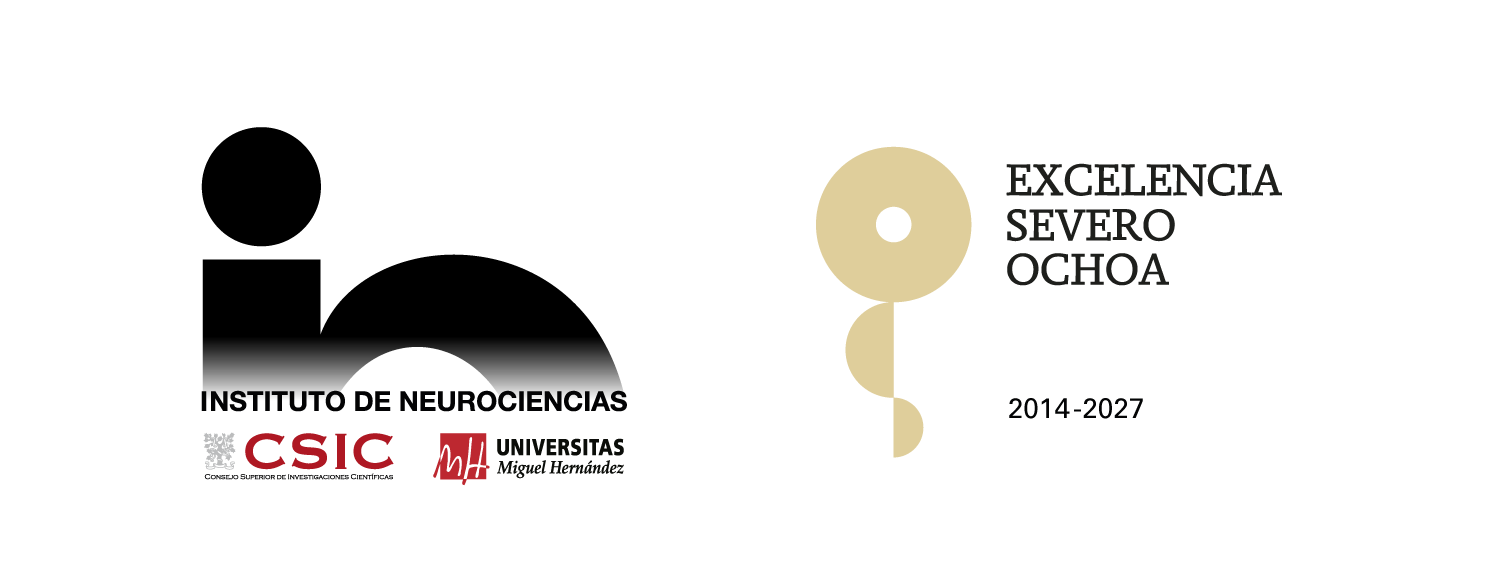Alicante will host the XXVIII edition of the European Drosophila Research Conference (EDRC)
4 de November de 2024
- The event will be organized by the community of researchers at the Institute of Neurosciences who work with the fruit fly (Drosophila melanogaster).

The European Drosophila Research Conference (EDRC) is the leading scientific conference for the European research community focused on Drosophila melanogaster, commonly known as the fruit fly. Over 800 experts worldwide will attend this event, which will take place from September 25 to 28, 2025, at the Alicante Provincial Auditorium (ADDA). This biennial event is held in a different European city each time, and on this occasion, it will be organized by the community of researchers working with this model organism at the Institute of Neurosciences (IN), a joint center of the Spanish National Research Council (CSIC) and the Miguel Hernández University (UMH) in Elche.
The Drosophila melanogaster is a critical model organism for tackling complex biological questions, such as those related to neuronal development and function. This model has played a vital role for over 100 years in biomedical research, revealing fundamental principles in genetics, development, and physiology that are essential for understanding human health and disease. To date, twelve Nobel Prizes have been awarded for research conducted with this model organism.
To present the latest advances in Drosophila-related biology and technologies, the EDRC addresses a wide variety of research areas, including evolution, development, neurobiology, immunology, metabolism, and cancer research. This event is also highly focused on training, as most speakers are selected based on abstracts submitted by early-career researchers.
This year’s distinguished speakers include Harvard University (USA) expert in stem cells and regeneration Cassandra Extavour; University of Berkeley (California) researcher David Bilder, who works on disease model development; University of Lausanne (Switzerland) researcher Maria Cristina Gambetta, specializing in transcription and chromatin; the physiology and metabolism expert from the Francis Crick Institute (UK) Lucía Prieto-Godino; Barcelona Molecular Biology Institute researcher Marta Llimargas, who leads cutting-edge studies on morphogenesis and organogenesis mechanisms; the University of Valencia Genetics Professor and ARTHEx biotech co-founder Rubén Artero; and Peking University (China) researchers Yulong Li and Wei Zhang, specialized in methodology, population genetics and evolution, respectively.

Photo: IN CSIC-UMH researchers who form the organizing committee of the meeting: Juan Antonio Sánchez-Alcañiz, Ana Carmena, María Domínguez, Javier Morante and José Carlos Pastor Pareja.
The local organizing committee for this event includes IN researchers María Domínguez, director of the scientific program Genetic & Epigenetic Basis of Individuality & Aging and of the Mechanisms of Growth Control and Cancer laboratory; Javier Morante, head of the Neuroendocrine Control of Organ Growth and Sexual Maturation laboratory; Juan Antonio Sánchez-Alcañiz, head of the Neurogenetic Bases of Behavior laboratory; José Carlos Pastor Pareja, who leads the Cell-to-tissue Architecture in the Nervous System laboratory; and Ana Carmena, director of the Asymmetric Division of Neural Stem Cells in Development and Tumorigenesis laboratory.
The organization of the EDRC 2025 is supported by the Severo Ochoa Excellence Program at the Institute for Neurosciences CSIC-UMH, the Spanish State Research Agency - Ministry of Science, Innovation, and Universities, the European Union’s European Regional Development Fund, and the Generalitat Valenciana’s Department of Education.
More information: https://x.com/edrc2025
Source: Institute for Neurosciences CSIC-UMH (in.comunicacion@umh.es)

 Español
Español